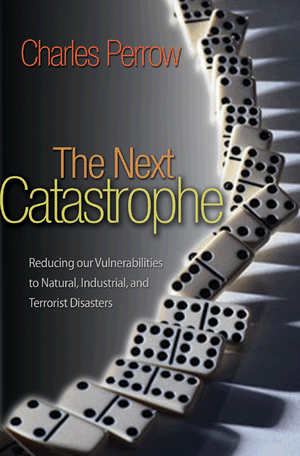"The Mind's Eye." Dr. Sacks focuses on creative people who have learned to compensate for potentially devastating disabilities. From the concert pianist who progressively lost the ability to recognize objects yet managed to keep performing from memory; to the writer whose stroke disturbed his ability to read but not his ability to write; to Sacks himself, who suffers from "face blindness," a condition that renders him unable to recognize people, even relatives, and, sometimes, himself. Written with his trademark insight, compassion, and humor, the book makes the obscure and arcane absolutely absorbing
Assorted on India
13 years ago





